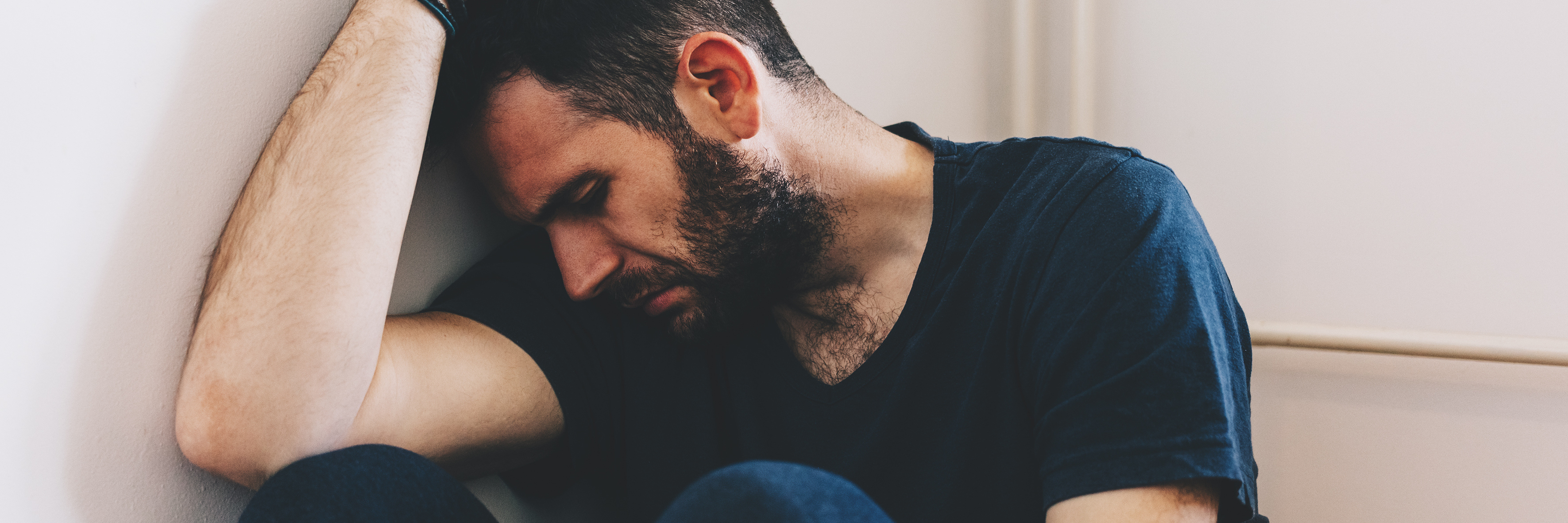Quite often and in many ways, I feel as though I am a terrible human being. Behind every good thing I say or do lies a bad thought or intention. That is just me; that is my life with borderline personality disorder (BPD).
Life often feels like a daydream of desire and obsession. The desire is mainly to do with objectification, beauty and perfection. Sometimes I cannot stop myself treating women and some parts of them like objects of my selfish desire. Even with that, I am drawn towards people who have strong values, are emotionally intelligent, disciplined and responsible. There are always imperfections though, and for a “fat rugged man,” I am very superficial. That leads to my obsessions and the never-ending need for validation.
The reasons for BPD are many. There are genetic and environmental influences involved. Events occurring during childhood play a role in the disorder developing. You are not in tune with people’s emotional needs or feelings. This has led to emotional, verbal and physical abuse. Loss, neglect and bullying also contribute. Relationships with partners, friends and family are very difficult and you always feel people are going to abandon you. We are very impulsive and are very unsure of our identity, which in turn makes me more feel more inappropriate, disassociated, irritable and stressed.
I’ve been asked, “What are the causes of BPD?” For me, there is always a feeling of overwhelming anger, fear or distress. There are also fears of the consequences of our actions. This can be caused by instability at home, struggling with a personal issue or just stress in general. It can also be because of unjust abuse you feel that you have experienced, neglect you have felt, or family grief. Knowing the difference between liking, loving and obsession help to keep it in perspective. The big thing for me is handling what I feel is rejection (from friends, family, pets and people in general). Being nice, living well and not being overly desperate.
There are several treatments for BPD, such as dialectical behavior therapy (DBT), cognitive behavioral therapy (CBT), mindfulness, meditation, medication, therapy, books, podcasts and support groups (online and in person). Support groups are great, but you have to be your own personal 24/7 support group too. It’s no good trying to be a mental health advocate if I’m not managing my illness, medication, diet, exercise and life in general well. I can’t rely on other people to include me, look after me, cheer me up and make me feel better. That has to come from within. It’s not just about what is going on with me. Mental health is also about my family, my friends, associates and people in the community all together. We all have stories to share, places to be and things to do. Sometimes I get too focused on myself and the things I want to do, rather than family time, work commitments and recreational activities. You need to find a balance so you can be happier, content, easy going, relax more, be on time, less tired and overwhelmed.
With BPD, it’s so good to be able to talk to people about it, explain what it is and how to manage it — but at the same time not get too overly personal too quickly, leave something to the imagination and not tell out your life story all at once. As interesting and captivating as it maybe.
Please just know that having a mental illness is not a choice. Dealing with it and managing it is a choice. If my family and I can survive with BPD, you can too. What is stopping you? You are not helpless; you can learn to take care of yourself and your mental illness. It is not up to people to make up for what you did not receive as a child. That is not their job, it’s up to you. You are an adult and you can be OK. Please be honest, mindful, open, truthful and understanding.
Later,
Pat.
We want to hear your story. Become a Mighty contributor here.
Unsplash photo via Marjan_Apostolovic

